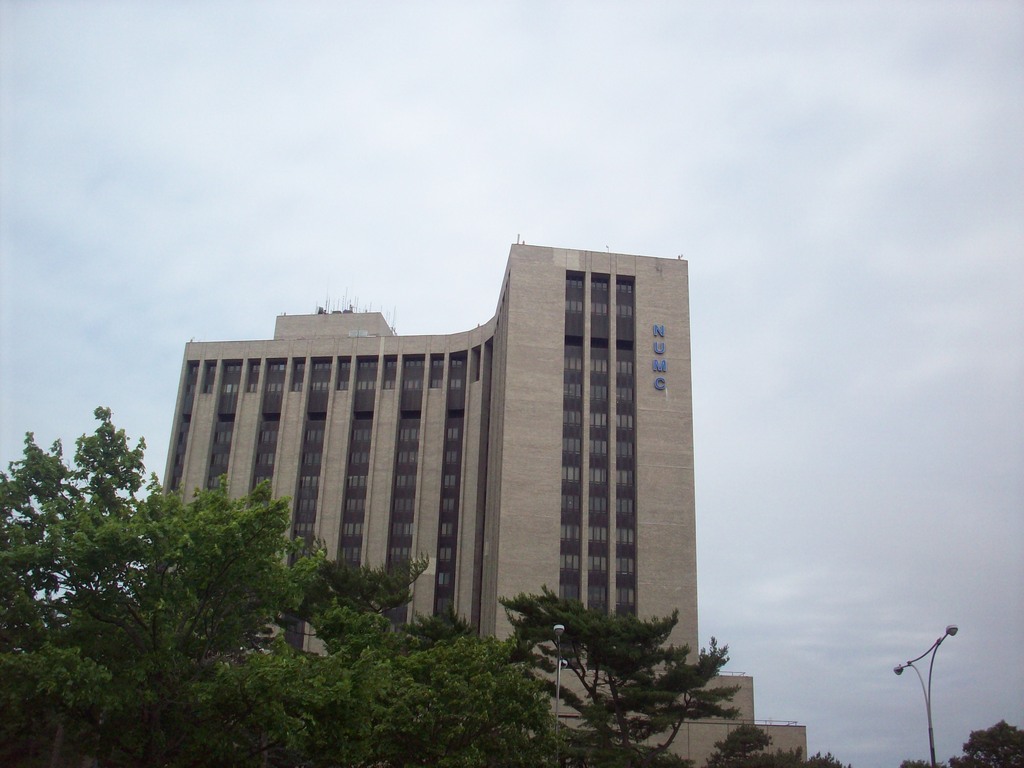State audits NuHealth's profit-sharing plan
Comptroller DiNapoli recommends some changes to program
In an audit released last week, the state comptroller Thomas DiNapoli’s office wrote positively of NuHealth’s Faculty Practice Plan (FPP), but also recommended changes.
A letter released by DiNapoli’s deputy comptroller, Steven Hancox, stated that an audit of NuHealth’s FPP, a profit-sharing plan, was conducted between Jan. 1, 2009 through Oct. 31, 2009. The audit was performed to determine if NuHealth, the public benefit corporation that operates the Nassau University Medical Center in East Meadow, properly classified FPP revenues and if payments to physicians and dental staff were properly recorded as salary. It succeeded in both areas, the letter said.
However, the comptroller’s office was critical of NuHealth for not requiring chairpersons to submit documentation on the method they used to disburse the payments to physicians in their departments. NuHealth was further criticized for disbursing $31,100 for what the Comptroller’s office called “unauthorized” payments to physicians.
“While NuHealth has done a good job with parts of its Faculty Practice Plan, improvements can be made to oversee the allocation of FPP funds,” DiNapoli said.
The payments in question were made to physicians after their retirement, resignation or dismissal dates, which is against the FPP bylaws, auditors said. DiNapoli’s auditors recommended that the NuHealth Board of Directors update the FPP bylaws to prevent ineligible employees from receiving payments. As for the documenting payment methodology, the auditors also urged the NuHealth Board to require chairpersons to validate the amount of FPP funds allocated to staff.
The FPP was established in 1997 as a way to recruit and retain medical staffers by supplementing physicians’ salaries while giving them incentives to bring more patients to the medical center.
NuHealth President and CEO Arthur Gianelli disagreed with the auditors’ recommendations. He explained that each chairperson is provided with expected distribution rates, but is given authority for other factors. “The chairperson is given flexibility to adjust the distribution for issues unknown to management, such as increased on-call time and other issues involving productivity,” Gianelli wrote.
He added that those changes from the expected report are reviewed and approved by management before distribution.
As for the $31,100 in “unauthorized payments,” Gianelli wrote that the physicians earned those distributions while they were still on the payroll. “Management reserves the right to distribute these funds when it is in the best interest of NuHealth in order to retain a positive relationship with departing doctors that will have an opportunity while in the community to maintain a relationship with our facilities,” Gianelli said.
Gianelli said management will consider revising the FPP bylaws to “clarify the ambiguity” that led to the auditors’ comments.
DiNapoli noted that the audit is part of his office’s initiative to improve financial practices of local government entities.
“These audits are tools for local officials to make sure proper policies and procedures are in place to protect taxpayer dollars,” DiNapoli said, “and provide the best possible service these taxpayer dollars can deliver.”






